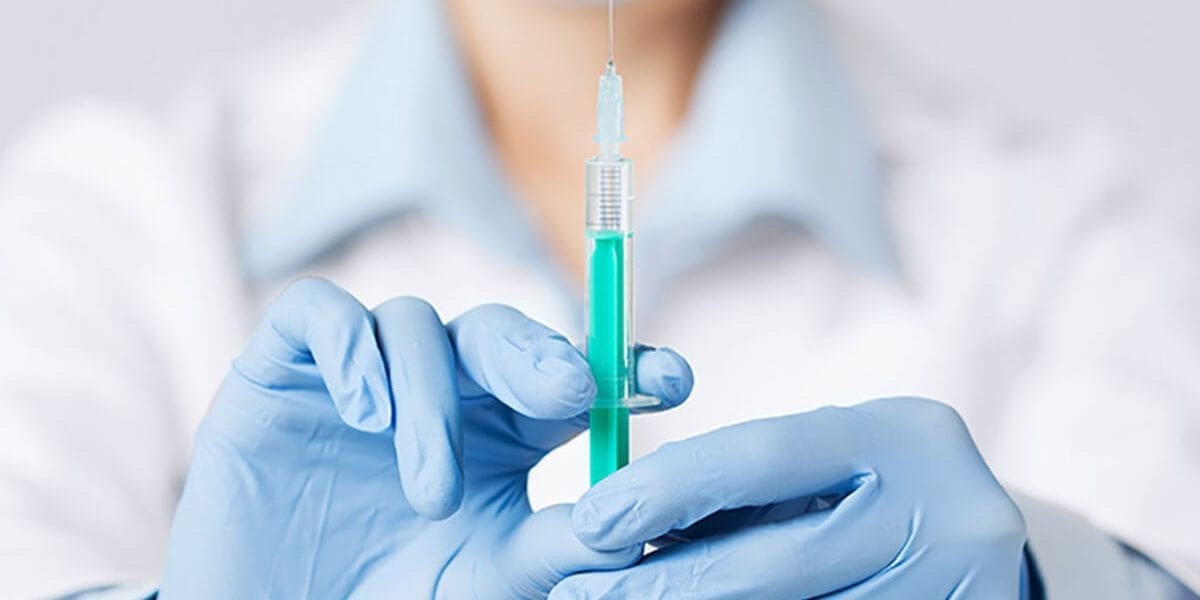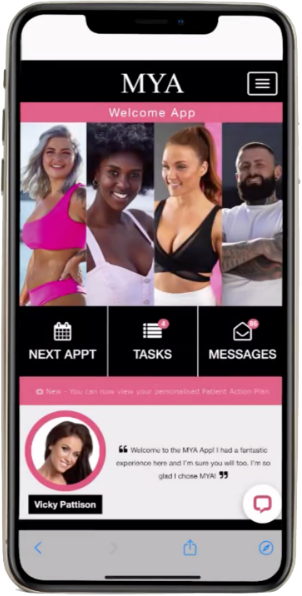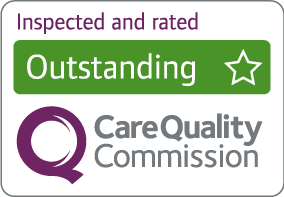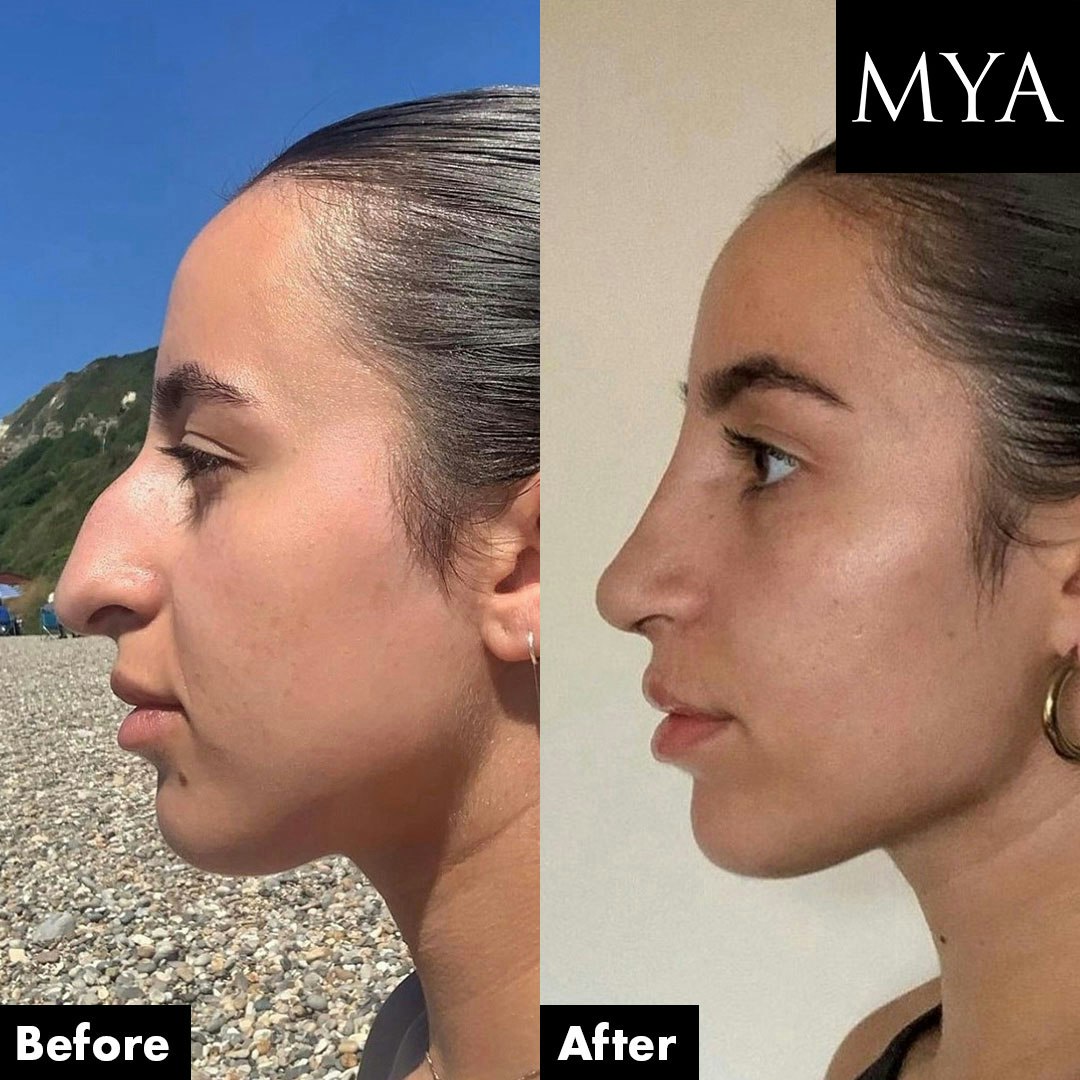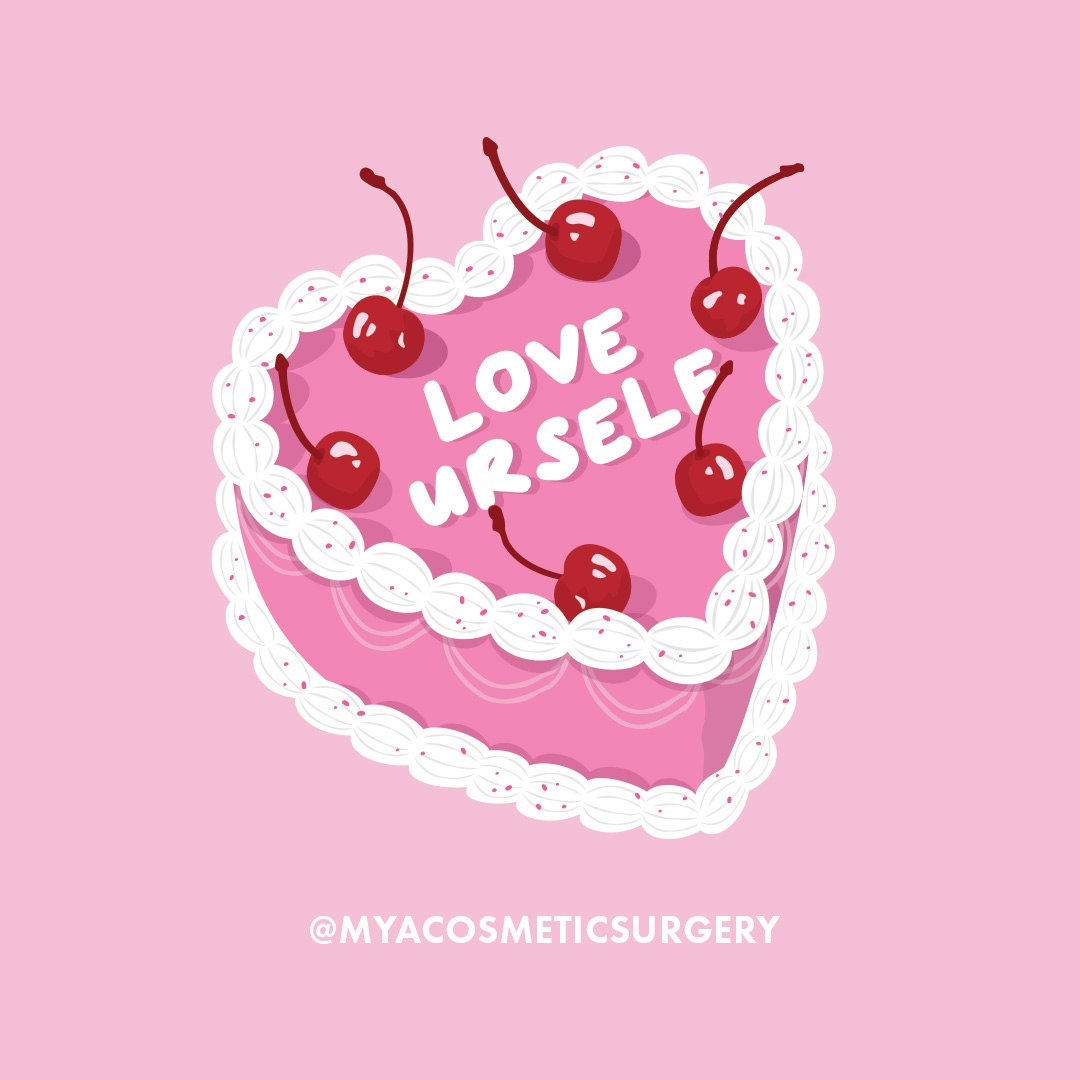What is anaesthetic?
Anaesthetics are used during tests and surgical operations to numb certain parts of your body and induce sleep. They prevent the patient from feeling any pain and discomfort, allowing a wide range of medical procedures to be carried out.
Patients will be required to have a general anaesthetic to undergo surgery at MYA Cosmetic Surgery. The anaesthetic puts the patient into a state of closely monitored unconsciousness before the surgery begins so that the patient won't feel any pain or be aware of the procedure taking place.
How does general anaesthetic work?
General anaesthesia is a medical technique that has been used in hospitals for years. It works by stopping the nerve signals that keep you awake from reaching your brain, sending you into a state of induced sleep.
After the anaesthetic has worn off, the nerve signals reach your brain as normal, and you wake up as consciousness returns.
What to expect when you’re given a general anaesthetic
A specialist anaesthetist administers your general anaesthetic through a cannula often in your arm or hand. They will place an oxygen mask over your head and will typically ask you to count backwards from 10 and before you know it you are asleep!
It will feel like 5 minutes have passed when you wake up in the recovery room with your new boobs or your new nose and you won't remember a thing.
If you are a little bit nervous on the day of surgery, mention it to your MYA nurse and your anaesthetist will reassure you beforehand. It's key to remember that people have anaesthetics every day and the people administering them are experts in their field and are very well trained. It may help to think of it as a really nice deep sleep!
MYA Anaesthetist, Dr Vaganov, answers patients most frequently asked questions about Anaesthetic part 1:
How to mentally prepare for general anaesthetic
It’s important to remember that general anaesthetic is something that’s used regularly in the NHS and other hospital settings and is completely safe. However, it’s understandable if you feel nervous before heading off into surgery.
Here are a few things you can do to calm your nerves:
Pre-surgery requirements for general anaesthetic
Along with the steps mentioned above, there are requirements you must abide by when having a general anaesthesia. This ensures it works correctly and there are no complications.
As general anaesthetic temporarily stops your body’s reflexes, there is a risk of vomiting or choking if you eat or drink too close to the procedure - this can affect your breathing and can cause damage to your lungs. Because of this, patients must not eat for at least 6 hours pre-surgery - including chewing gum.
You can drink small sips, 30ml per hour, of still clear water, up to 2 hours before you’re given general anaesthetic. It is vital that you remain ‘nil by mouth’ for the recommended time frame in order for your procedure to take place
To limit the risk of infections and ensure effective healing, you must not drink alcohol for a minimum of 48 hours before surgery. You will also be advised not to smoke, vape or use nicotine patches for at least 4 weeks before your surgery date and after the surgery until fully healed.
Before surgery you will be asked to remove:
Recovering from general anaesthetic
After your surgery, you will be taken into a recovery suite and closely monitored while the general anaesthetic wears off - this will take between 10 and 20 minutes.
You will then be taken back to the hospital ward and have the support of our MYA nurses who will give you something to eat and drink to ease any nausea and ensure that you feel settled during recovery.
What are the side effects of Anaesthetic?
As with most medications, there is a possibility of side effects with general anaesthesia.
Your medical history will already have been extensively checked before you are approved for cosmetic surgery with MYA. On the day of your operation, your anaesthetist will come to meet you and talk you through the general anaesthetic process and any side effects you may experience.
Everyone reacts differently to anaesthetic. Most people experience no side effects at all and feel like they've just woken from a deep sleep, but some patients may experience a few symptoms at once.
If you are someone who is often sick after anaesthetic, various measures can be put into place to reduce your side effects, like taking anti-sickness tablets beforehand.
Common side effects of general anaesthesia:
These feelings don’t last long but it’s a good idea to let a health professional know so they can monitor any side effects and treat them if and when necessary. Most patients wake up feeling thirsty and hungry, so once you have come around fully, your nurse will bring you a cup of tea and a biscuit.
Some patients are worried they’ll reveal all their secrets when put under general anaesthetic, but don't worry, whatever you say will remain confidential!
MYA Anaesthetist, Dr Vaganov, answers patients most frequently asked questions about Anaesthetic part 2:
How safe is anaesthetic?
There are risks with any type of surgery, but here at MYA, we always conduct a general health assessment before a patient goes into surgery, to make sure they are fit to have a general anaesthetic and to ensure there are no underlying health issues.
If you’re concerned about the effects anaesthetic may have on you, why not read our Patient Stories, chat on the MYA Forum or call our team - we’ll do our best to put your mind at rest.
The NHS website also has more information on general anaesthetics - including its uses, risks and how to prepare for it.
Do I need a chaperone when having a general anaesthetic?
Yes, MYA insist that every patient has a chaperone accompany them when they leave the hospital. You will not be discharged from hospital without a chaperone there on the day. Undergoing anaesthetic can make you a little hazy and relaxed and having someone with you to support you when you leave the hospital, and to help you get settled and comfortable when you are home is important.
We also advise having someone keep an eye on you for the next 48hrs, it is likely that you will feel uncomfortable and might have restricted movement, you will also feel very sleepy and you need someone to keep track on the medication you take. Taking it twice, or more can be a dangerous, so it’s important to have someone there who can monitor your progress and help keep you on the right track during those first few hours.
Watch our MYA Anaesthetist administers anaesthetic to a patient.
MYA Anaesthetist, Dr Vaganov, administering general anaesthetic to a rhinoplasty patient. WARNING If you are scared of needles or are a little squeamish this video might not be for you.
Learn more with MYA Cosmetic Surgery
We understand that surgery can be a big deal, and it’s completely normal to be worried. Our MYA surgeons and nurses are not only highly knowledgeable and experienced but also friendly and approachable.
If you have any concerns about general anaesthetic or cosmetic surgery as a whole, don’t hesitate to contact us today for more information.
